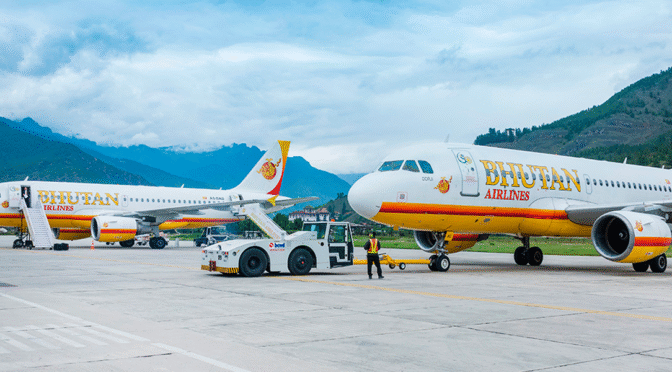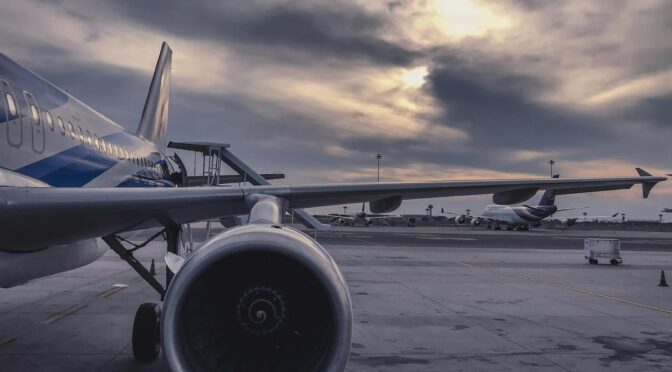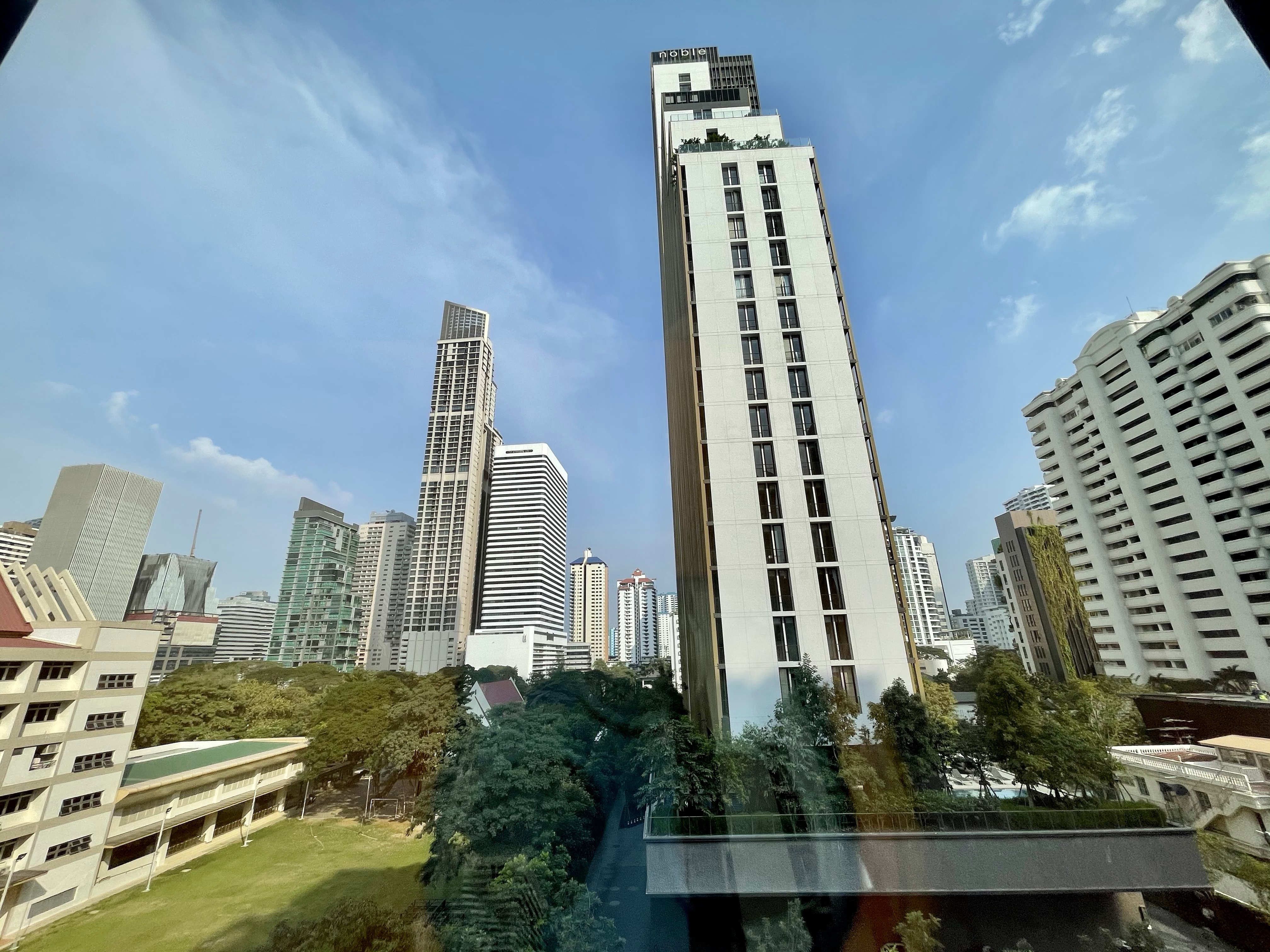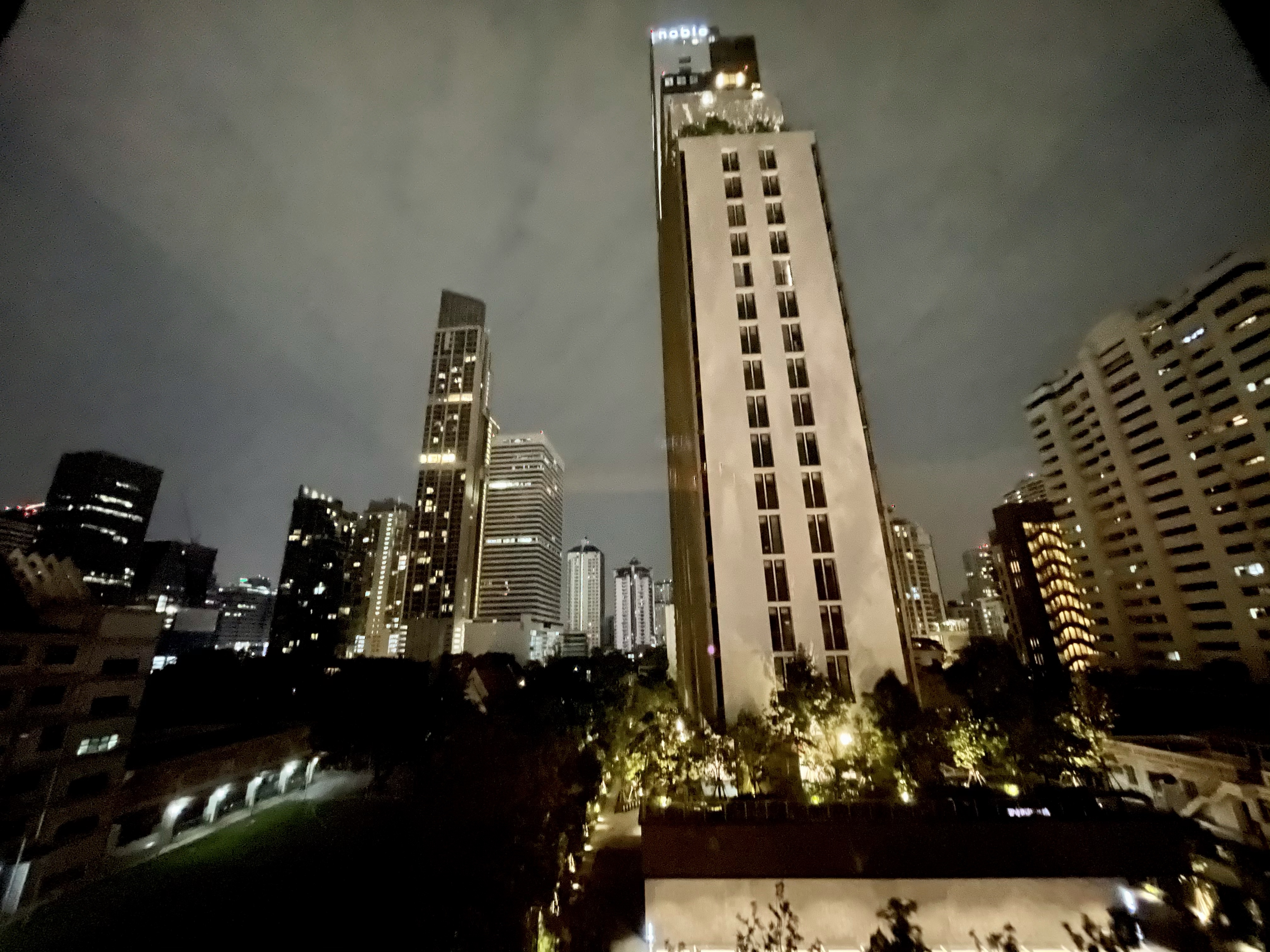I travel to Kolkata frequently and it is such a backward city, none of the bigger airlines service it, only low cost airlines like Indigo, Thai Air Asia, Thai Lion and Spicejet. What’s worse, all these flights are red-eye flights which I hate. So I was pleasantly surprised to see that Bhutan Airlines runs regular flights between Bangkok & Kolkata, and they are daytime flights! Bhutan Airlines is a small airline company and Bhutan’s first private airline. In fact it is so small, they just operate 2 aircraft on 2 routes.
What I like
So what’s to like about them? As I said, the main factor is, they run the only direct daytime flights between Bangkok and Kolkata.
They are also the only airline on this route which doesn’t charge you extra for every little thing. In fact, proper hot meals are included in the fare. They also serve alcohol, but I have never had it.
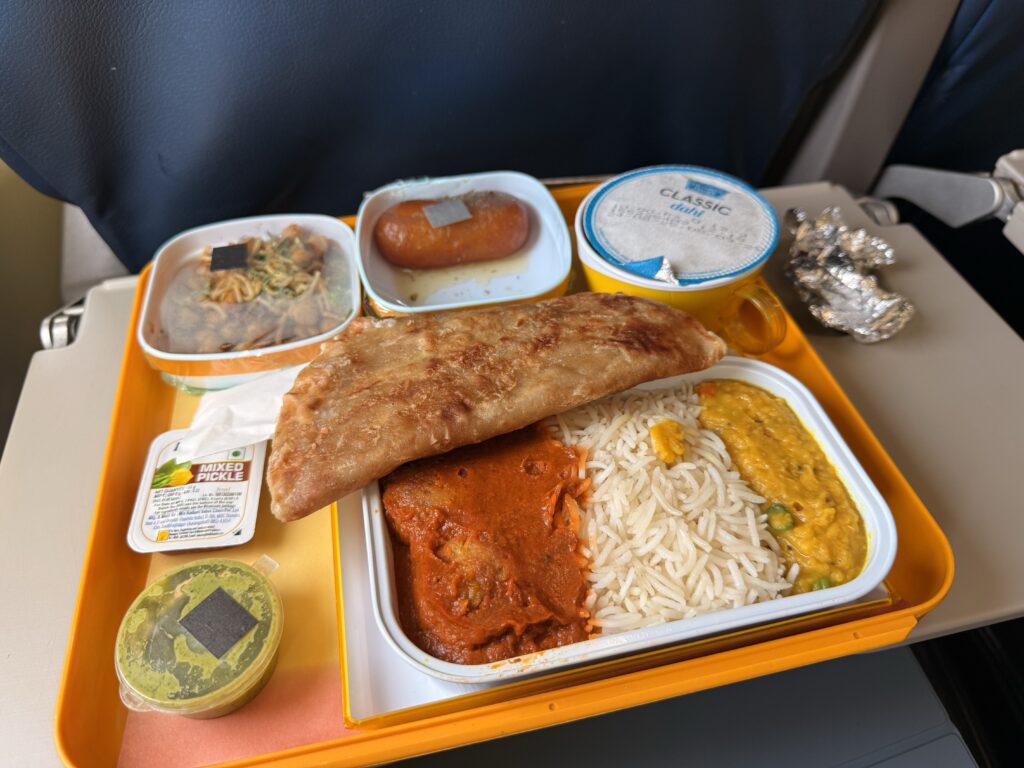

Anyone who has travelled from India to Bangkok would know what kind of people travel on this route. 90% are sexually-frustrated men who have lied at their homes and are heading to Thailand for some Snu-Snu. But since this flight uses Kolkata just as a middle stop between Paro and Bangkok, the amount of such people on-board is comparatively few.
They don’t have seat-back entertainment, but they have a system called Tashi Skynet where you can use your own device to connect to the on-board Wi-Fi and play access their entertainment content and their flight map.
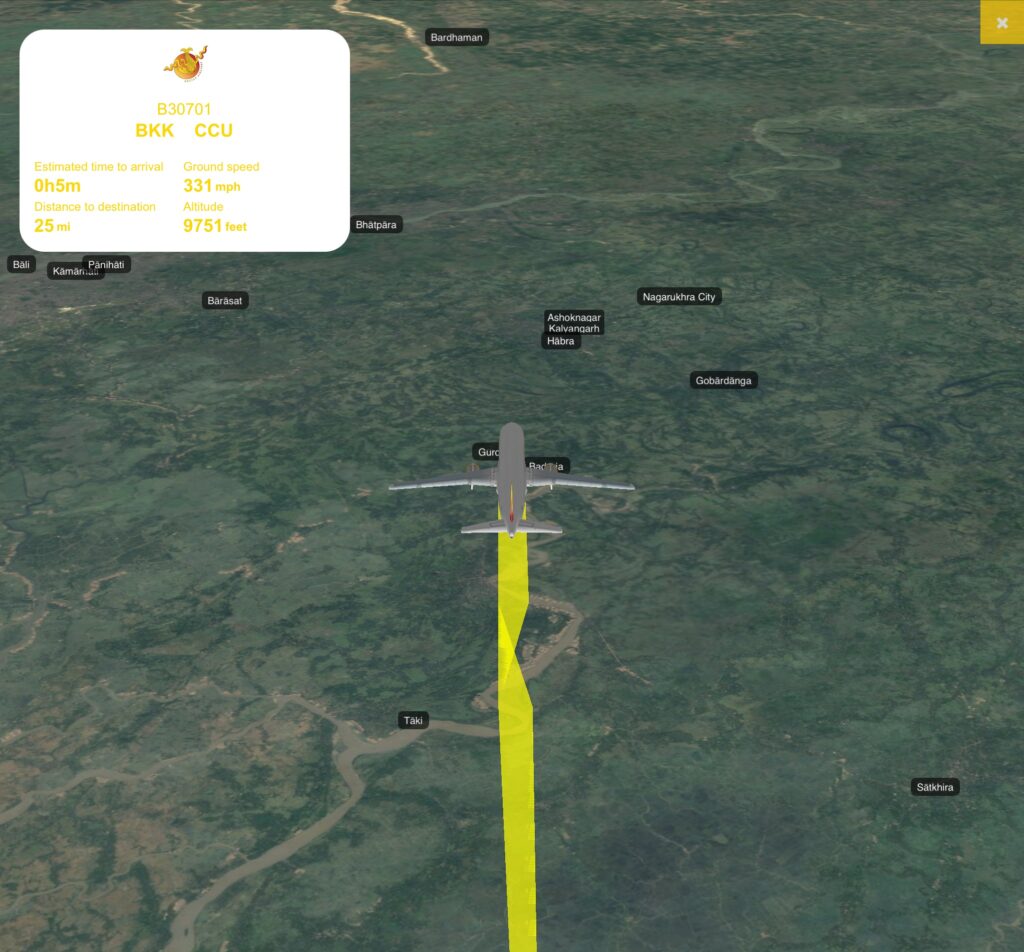
They also have an in–flight magazine Kuzu Zangpo La, reading which surprised me with the fact that their chairman is a doppelgänger of Jason Alexander.

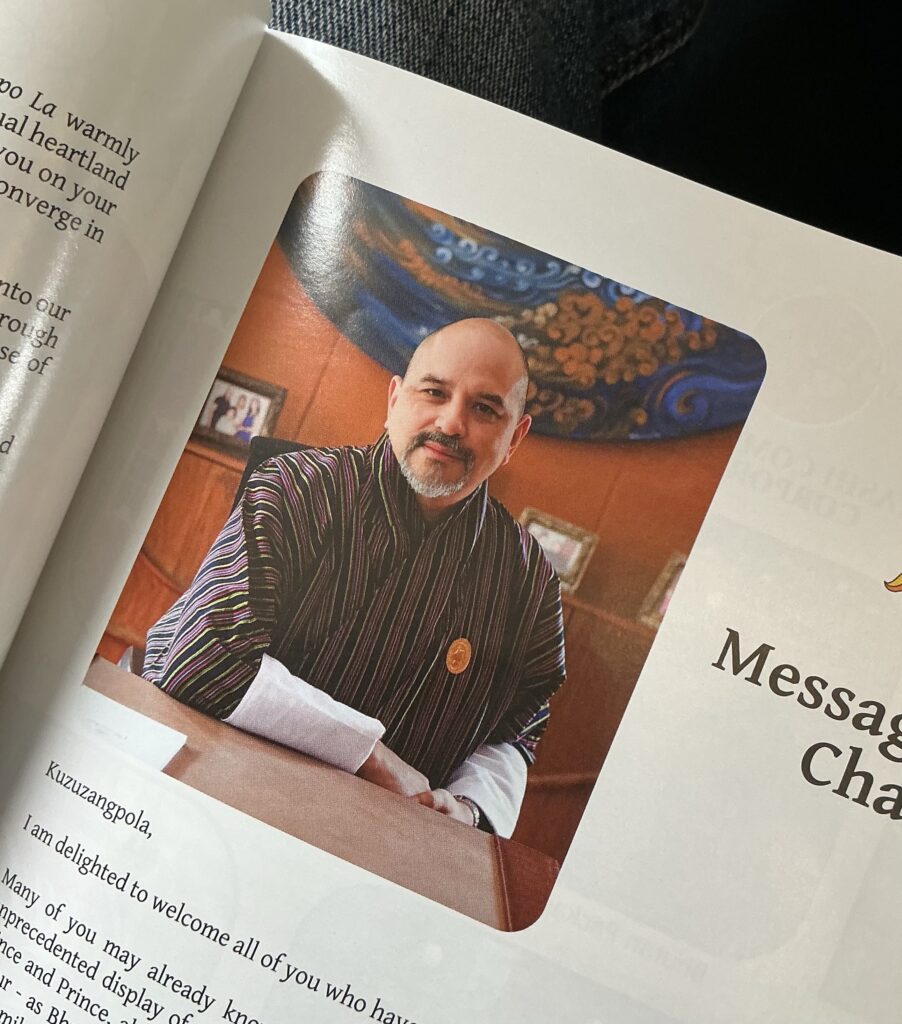
The flights are always early, if not on-time.
The aircraft’s, although not brand new, seem to be well-maintained and clean.
They have great customer care. During a recent trip, I accidentally cancelled my flight by mistake, but I was able to contact their customer care and reverse the cancellation without any penalties.
What I don’t like
- Their pricing fluctuates a lot. Within days, their prices can become half or go double. My observation is that their pricing is lowest 2 weeks be for a trip. However, I am too anxious to wait till there’s only 2 weeks left to book a ticket.
- Probably because of their agreement at Suvarnabhumi airport, they don’t have jet bridge access and rely on buses to take passengers to and from the terminal, which adds time, especially when returning to Bangkok.
That’s it, not too many negatives. Overall, I am thankful to have this fight
